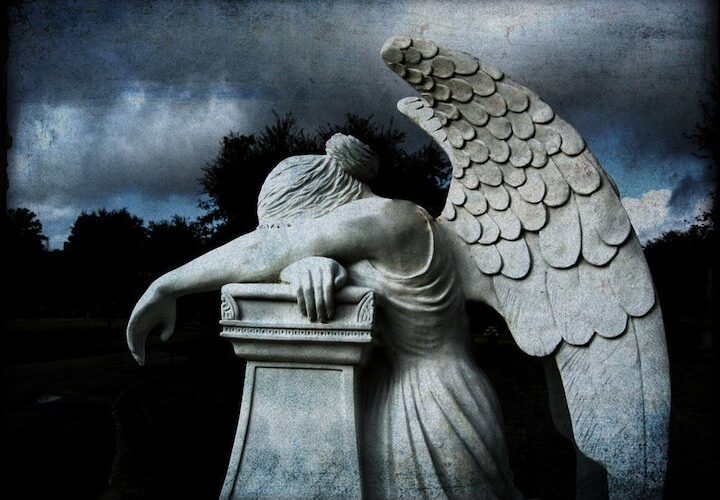Here’s an off-the headlines theme for media to explore: To what extent does the slide toward a Great Depression for churches since 2000 underlie America’s ills?
Think about it. Surveys and pundits underscore the rampant pessimism and dissatisfaction among many citizens, the toxic political divide and the way anything from calls for COVID vaccinations to Simone Biles’s Olympics withdrawal will now stir partisan furies.

Consider ills that occurred simultaneously with weakened churches, bemoaned last week by New York Times columnist David Brooks. Major depression among teens jumped 63% from 2013 to 2016. Suicides increased 33% in the two decades ending in 2019. Estrangement from a family member is reported by 27% of Americans. Since 1990, those saying they lack even one close friend have quadrupled.
Such concerns evoke the classic book “Bowling Alone” by Harvard Professor Robert Putnam, a much-mulled 2000 tome now available in an updated 2020 edition. Not just bowling leagues but hyper-individualism, minus personal fellowship, is shrinking local lodges, civic groups and charities as well as churches. This seems to be an old problem (see the video with this post) that is only growing more intense.
The 2012 National Council of Churches yearbook (the 80th and last edition before publication ceased) reported that groups representing 330,222 local congregations claiming 159.8 million members filed data (a big undercount that omitted scads of independent churches). That was well over 20 times the current U.S. outlets for McDonald’s or Starbucks. Big numbers, high stakes.
Local churches’ centrality in community decline and prospects for recovery was asserted by Matt Lewis, a Daily Beast conservative, in an Eastertime piece (“America’s Losing Faith, and That Makes the Next Trump All But Inevitable“) and a follow-up last week (“How Trumpists Prey on Loneliness, and Loneliness Preys on Trumpists: Frankly, We Did Join a Cult“).
Lewis describes himself as a churchgoer (no specifics revealed) and “a (very flawed) Christian” who constantly needs God’s forgiveness. He’s equally devout about diagnosing and resisting Trumpism, which he believes violates the Apostle Paul’s Christian code in Galatians 5:22-23: “The fruit of the Spirit is love, joy, peace, patience, kindness, goodness, faithfulness, gentleness, self-control.”
But this Memo concerns the broad cultural situation, not mere political debate.
Lewis’s overriding thesis a la Putnam is that “loneliness, isolation and a lack of community,” lately worsened by COVID, are “perhaps the dominant problem of our era. …. As our geographic communities atomize and religious service attendance dwindles, this emotional void is ever more pronounced and ripe for exploitation.”
To him, the remedy is to connect people in “productive and positive institutions and communities,” churches included. Otherwise, “something else will rush in and fill that void. And that something is usually less salutary.”
Lewis contends that “the decline of church membership will not lead us to some better, more rational, world. Lacking the moral clarity that comes from a belief that our fellow humans are all made in His [God’s] image, politics eventually becomes about tribal identity and the will to power.”
With a Gallup Poll showing Americans who report church membership have slipped below 50%, Lewis concludes, “If you’re applauding this, you shouldn’t be. This milestone should concern anyone who cares about preserving liberal democracy, civility and comity.”
On roughly similar lines, The Atlantic‘s David Frum observes that America is experiencing “an evolution from religion to race as the organizing principle” of conservative politics. And Times columnist Ross Douthat warned, on Twitter: “If you dislike the religious right, wait till you meet the post-religious right.”
We often hear the opposite from authors like transgender ex-evangelical Chrissy Stroop, who contends that “America’s white Christians continue to exhibit a large and dangerous anti-social and anti-democratic streak” seen in vaccination resistance, racism, sexism and anti-LGBTQ belief.
Yet the other commentators are raising a provocative question for journalists to run past thoughtful social analysts. Should Americans in general, and even the growing legions who are indifferent to religion in their own lives, hope for the nation’s sake that churches will survive and even thrive?











